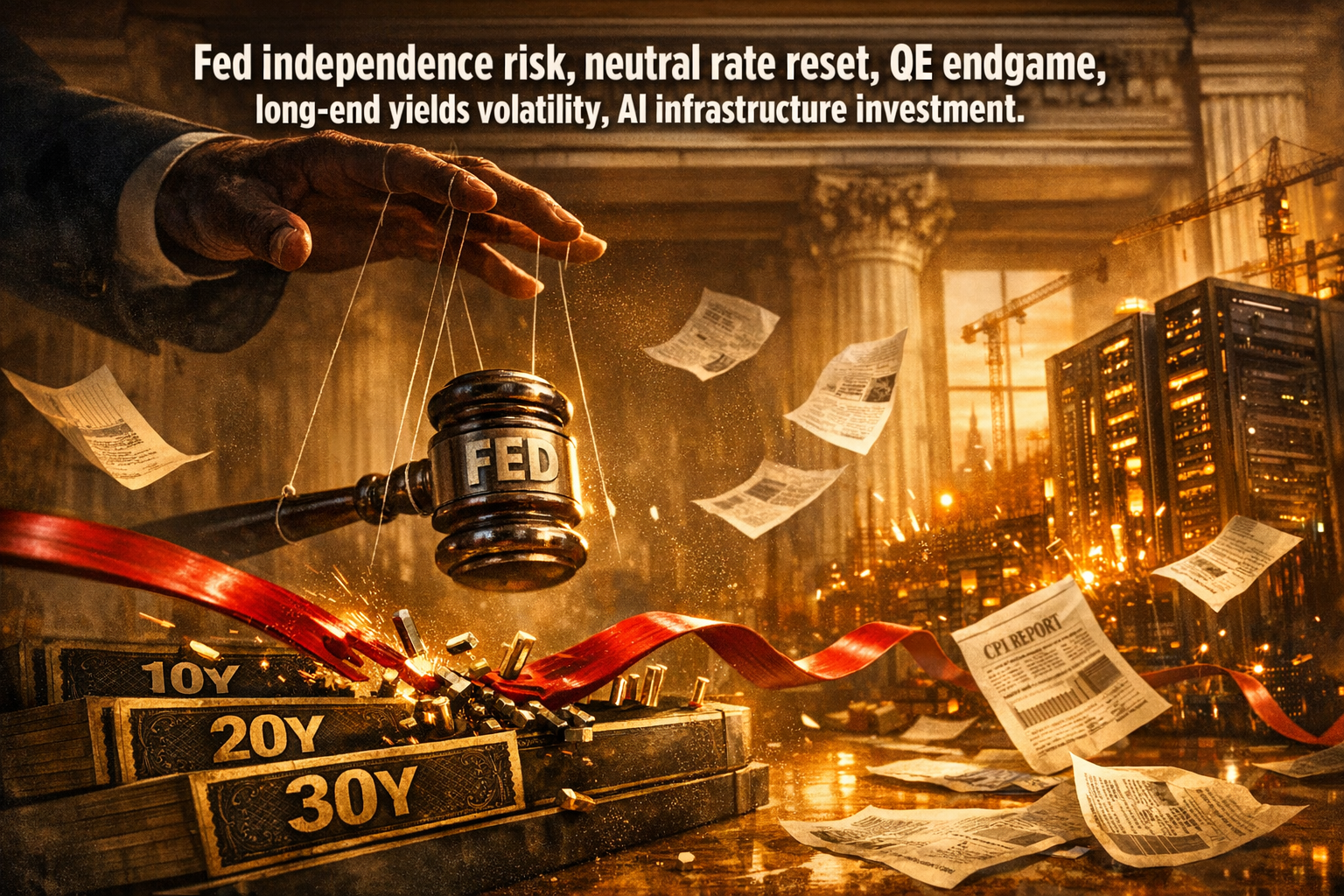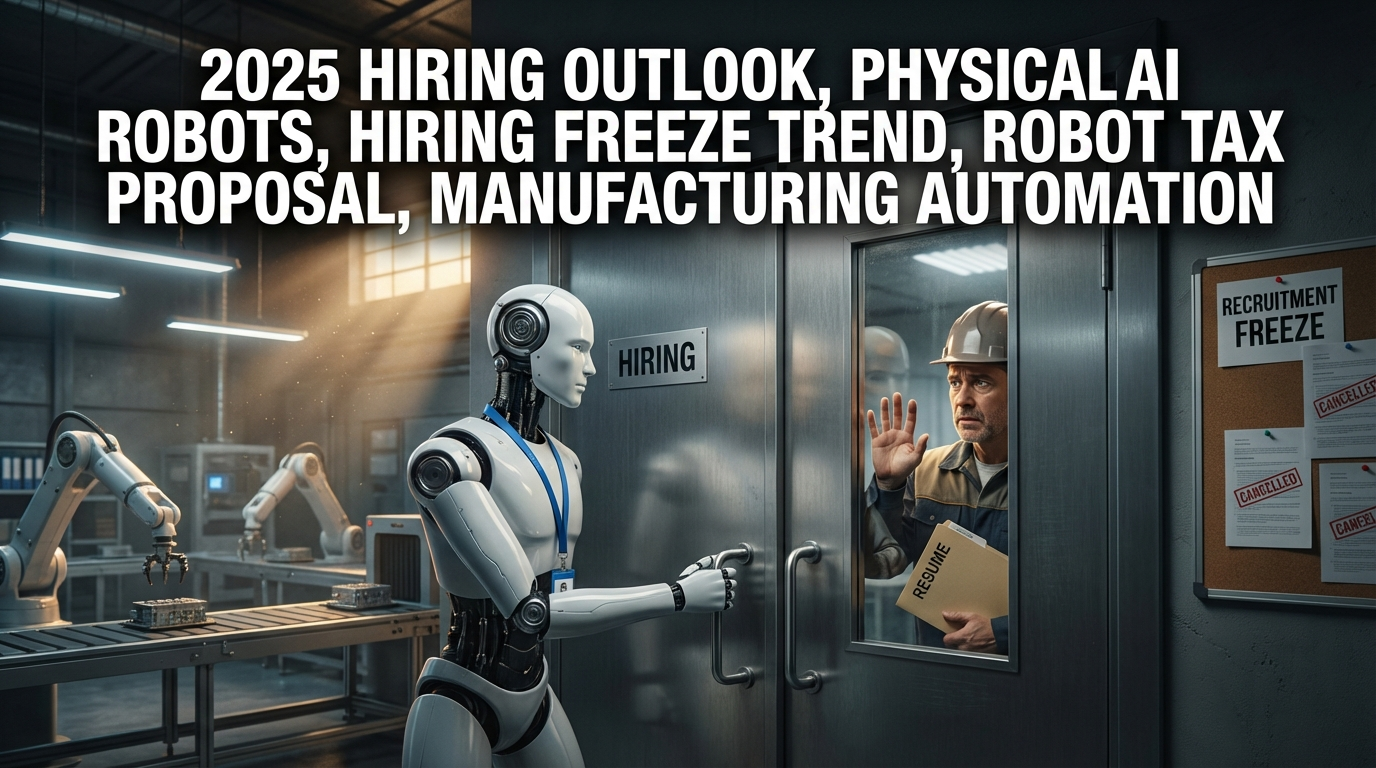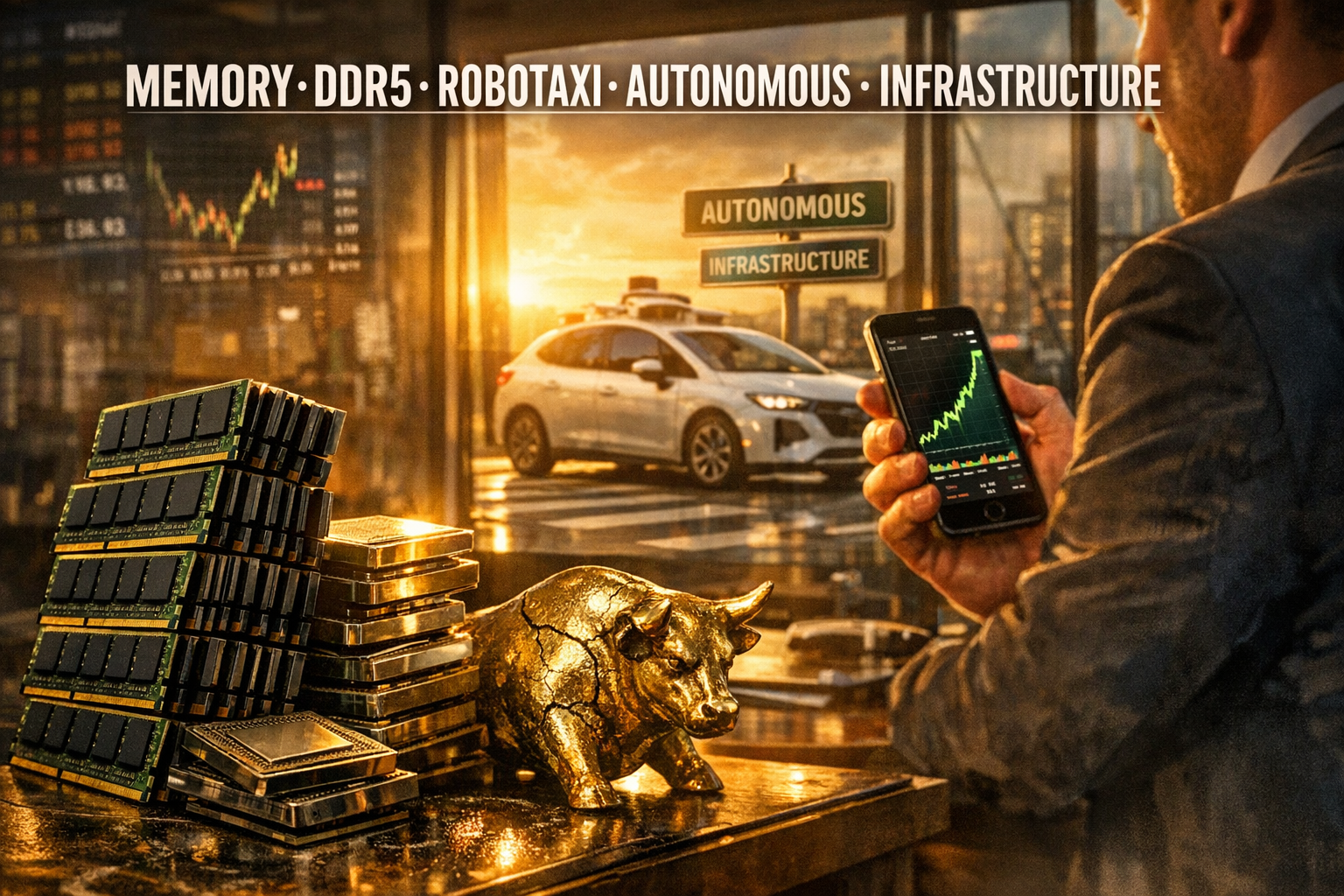● Trump pivots to Taiwan Strait after Russia.
Global Defense and Economic Issues Such as the US-Korea Alliance and Tensions in the Taiwan Strait
1. USFK Redeployment and Defense Cost Negotiations
The possibility of USFK redeployment is being mentioned.
US Vice President JD Vance has hinted at the need to redeploy US troops worldwide.
Due to Korea’s geopolitical location, it is likely to proceed in terms of reassignment of missions rather than simple reduction.
Burden-sharing of defense costs may be adjusted according to existing agreements, but specific renegotiations are uncertain.
These issues will directly affect Korean defense and economy.
2. Trump’s Bill Strategy and Military Exercises in the Taiwan Strait
Trump mentioned the possibility of sending an aircraft carrier in his remarks regarding the Taiwan Strait.
At the same time, he is taking the position that he will attach a bill demanding economic compensation (e.g., semiconductors, shipbuilding, etc.) to Taiwan.
Military exercises related to Taiwan may be resumed or reduced, and the number of currently planned joint exercises is the largest ever.
The US bill strategy is expected to act as a major variable in both economy and defense.
3. Key Deployment Scenario: The Positions of Korea, Japan, and China
The United States may request Korea’s military participation in the event of a Taiwan situation.
Due to the burden on the Korean Peninsula terrain, it may affect Korea’s national interests and trade relations with China (Chinese exports account for about 20% of total exports).
Japan is strengthening its military power in the Nansei Islands, adjacent to Taiwan, and is considering direct impact on its own security.
China is expected to adhere to the One China principle while trying to avoid all-out conflict.
The United States is likely to continue to maintain a bill strategy that demands economic compensation in the event of military intervention.
4. North Korean Variables and the Importance of Maintaining the US-Korea Alliance
North Korean variables can also act as key variables.
If North Korean provocations occur along with the Taiwan situation, tensions on the Korean Peninsula will be maximized.
As a result, the need to reorganize the system to suppress North Korean threats is growing rather than withdrawing US troops from Korea.
Military and economic cooperation within the US-Korea alliance is an important axis in responding to various global variables.
5. Response and Preparation from an Economic Perspective
Defense, diplomacy, and economy are organically linked.
Trump’s bill strategy may require economic compensation for Korea, so economic burdens and countermeasures must be sought in advance.
In the midst of global economic instability, Korea needs systematic preparation to catch both security and economy.
Systematic countermeasures focusing on keywords such as economy, defense, Taiwan, global, and Korea are key.
< Summary >
Summarizes the possibility of USFK redeployment and defense cost negotiations, Trump’s Taiwan-related bill strategy, the mutual tension and deployment scenarios of Korea, Japan, and China, the role of North Korean variables, and comprehensive countermeasures covering economy, defense, and diplomacy. Related countermeasures must be prepared considering the interaction between the global economy and defense issues.
[Related Articles…]
Prospects for USFK Redeployment and Defense Cost Negotiations
Analysis of Military Exercises and Bill Strategy in the Taiwan Strait
*YouTube Source: [경제 읽어주는 남자(김광석TV)]
– 러시아 설득 완료한 트럼프, ‘대만해협’으로 눈을 돌린다 | 경읽남과 토론합시다 | 이철재 기자 4편

● Doom, Gloom, and Bust
Intuition: The Secret of Economic Sense That Bursts Forth from Accumulated Experience!
1. The Real Meaning of Intuition
Intuition is not something that is automatically acquired from birth.
It doesn’t come out like a home run as soon as you open your eyes in the morning.
According to research by American scholar Gary Klein,
it is an ability that naturally manifests only after experience is accumulated.
2. The Necessity of Practical Experience and Repetitive Learning
If you look at how firefighters respond quickly at fire scenes,
their judgment is thanks to long training and repeated experience.
Even after suppressing a large fire,
they couldn’t explain any special recipe.
It was ‘intuition’ based on the feeling ingrained in the body,
the result of countless training sessions.
Just like the advice to relax your shoulder when swinging,
and a natural swing comes out only after thousands of practices,
intuition also stems from repeated experience.
3. Intuition, Economy, and Investment
Even in economic forecasts or global economic market analysis,
intuition is not a simple feeling but the result of systematic practical experience.
When setting investment strategies,
you initially rely on logic and data,
but as experience accumulates, you can quickly judge with ‘feeling’.
This context applies equally when predicting financial crises or market fluctuations.
In other words, intuition is a practical sense that develops in response to economic situations,
and it can only be properly manifested if supported by repeated practice and experience.
4. Summary of Key Points for Economic Success
Economic outlook, investment strategy, market analysis, global economy, financial crisis
Through these five key keywords,
we can see that intuitive judgment is not a simple feeling,
but an actual ability built up through experience and repeated training.
Whether it’s investment, studying, or work judgment,
it’s a process where constant effort accumulates and intuition manifests.
Summary
Intuition is not an innate ability, but an economic sense built up through experience and repetitive learning.
Looking at the case of firefighters at fire suppression sites through the research of American Gary Klein,
we can see that intuition stems from repeated practice and acquired experience.
This experience acts as an important judgment that applies to the entire economy, such as investment strategies, the global economy, market analysis, and responses to financial crises.
[Related Articles…]
Intuition and Investment Insights
The Future of Investment Strategies
*YouTube Source: [와이스트릿 – 지식과 자산의 복리효과]
– 내 인생을 바꾼 하루 한 장 / 이대호 와이스트릿 대표

● Musk’s Uber Exit- Tesla’s Robo-Taxi Gamble!
Tesla and Uber’s Competition in the Robotaxi Market and Economic Outlook
1. Uber-Tesla Partnership Proposal and Initial Collaboration
This section outlines Uber CEO Dara Khosrowshahi’s proposal for a robotaxi partnership with Tesla.
Uber has previously provided convenient services to customers through Tesla vehicle rentals and driver mode integration.
A system was established where Tesla’s software is connected to the Uber app, automatically transmitting reservation, pickup, and drop-off information.
This collaboration is expected to create economic synergy in terms of existing rental and driving experience, as well as data exchange.
2. Robotaxi Market Outlook and Competitive Landscape
The collaboration between Tesla and Uber is projected to have a significant impact on the robotaxi market.
Some anticipate intensified competition between autonomous driving technology companies like Tesla and Waymo.
Uber’s strong ride-sharing platform and user base of over 170 million can contribute to the expansion of robotaxi services.
However, Tesla intends to build a robotaxi network independently of Uber, aiming to capture all revenue without commission fees.
This choice focuses on maximizing economic profitability and cost reduction within the autonomous driving ecosystem in the long term.
3. Economic Impact of Autonomous Driving Technology and Infrastructure Development
Both companies are accelerating the introduction of autonomous driving (AV) technology.
Uber aims to enhance cost-efficiency against inflation by expanding its service areas to include the food delivery market, in addition to robotaxi operation.
Key constraints in the adoption of AV include safety, national and regional regulations, and infrastructure development (repair shops, cleaning and charging facilities).
In this process, the combination of Uber’s extensive passenger movement data and Tesla’s driving data is expected to play a major role in algorithm optimization and efficient vehicle operation.
4. Economic Outlook and Future Growth Engines
From a global economic perspective, the strategic choices of Tesla and Uber are important variables for long-term profitability and building innovative platforms.
If Tesla’s robotaxi service introduction is successful, it will accelerate the transition from a sales-centered model of existing electric vehicles to a mobility revolution.
Uber’s platform is expected to integrate and operate various services such as robotaxi and food delivery, enhancing cost efficiency and market share expansion.
These strategies are expected to establish innovative business models leveraging key words such as global economy, Tesla, Uber, autonomous driving, and robotaxi.
< Summary >
The discussion regarding robotaxis between Tesla and Uber aims for economic synergy through their existing partnership, technology convergence, and data utilization.
Uber seeks to expand various services by leveraging its platform and user base, while Tesla aims to maximize profits by building a standalone network.
Infrastructure construction and regulatory coordination related to autonomous driving remain as future challenges, but the strategic choices and data utilization of the two companies are expected to greatly impact the global economy and mobility revolution.
[Related Articles…]
Tesla Innovation Trends Summary | Uber Platform Latest Updates
*YouTube Source: [오늘의 테슬라 뉴스]
– 충격! 일론 머스크, 우버 손절 선언! 테슬라 1억 7천만 사용자 잃어버리나? 로보택시 테슬라 승자독식 가능하다? 월가의 판단과 뜨거운 논란 분석!



